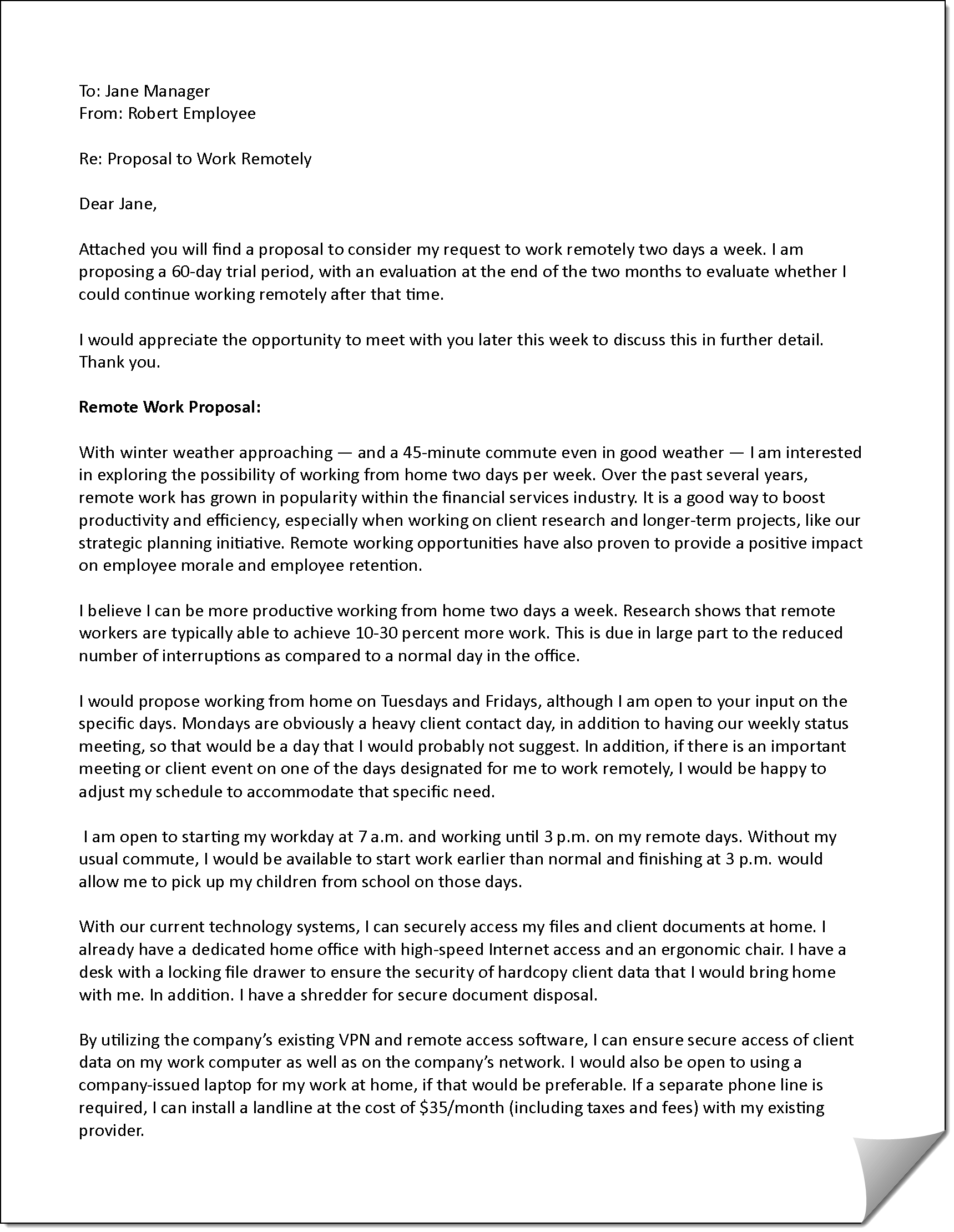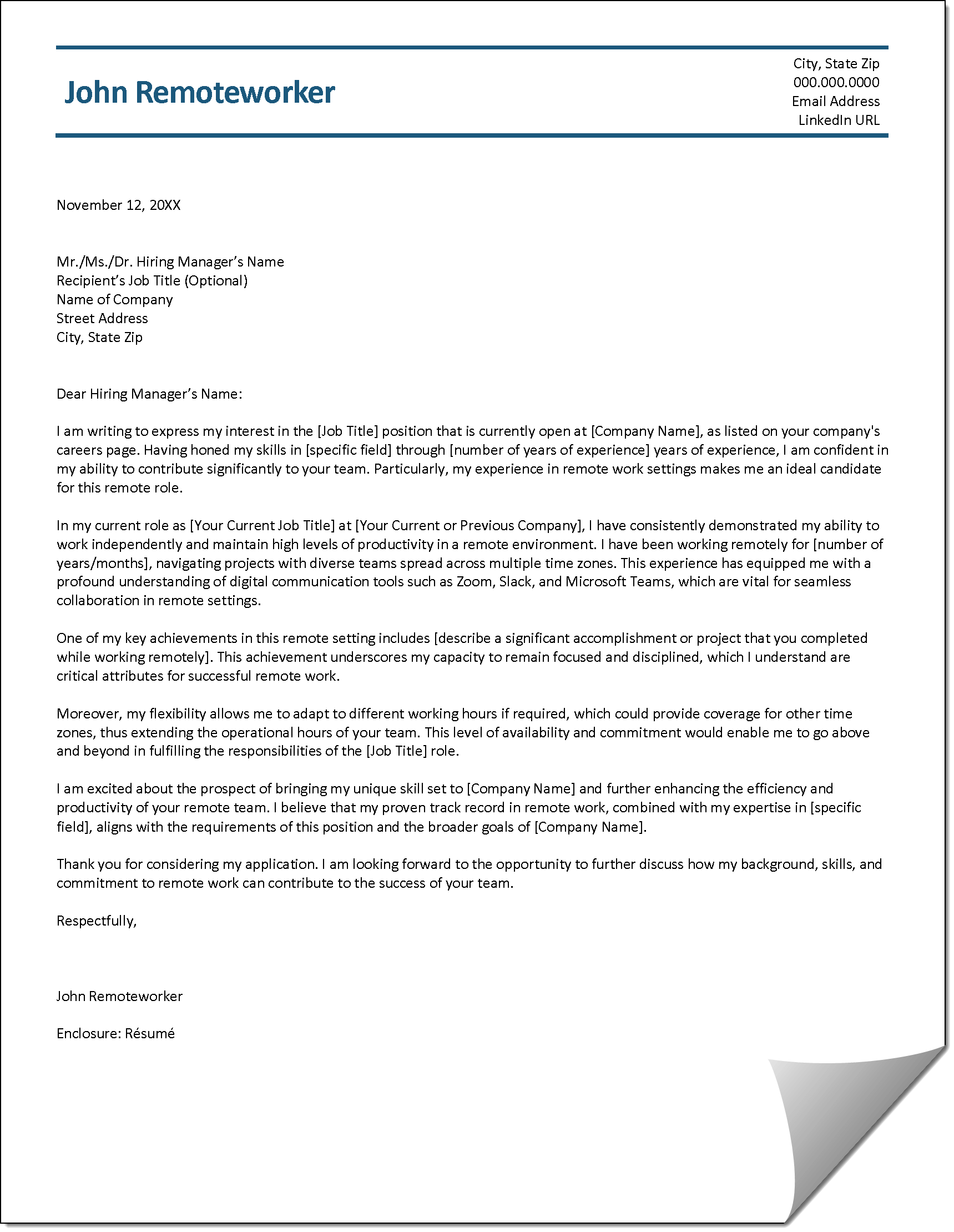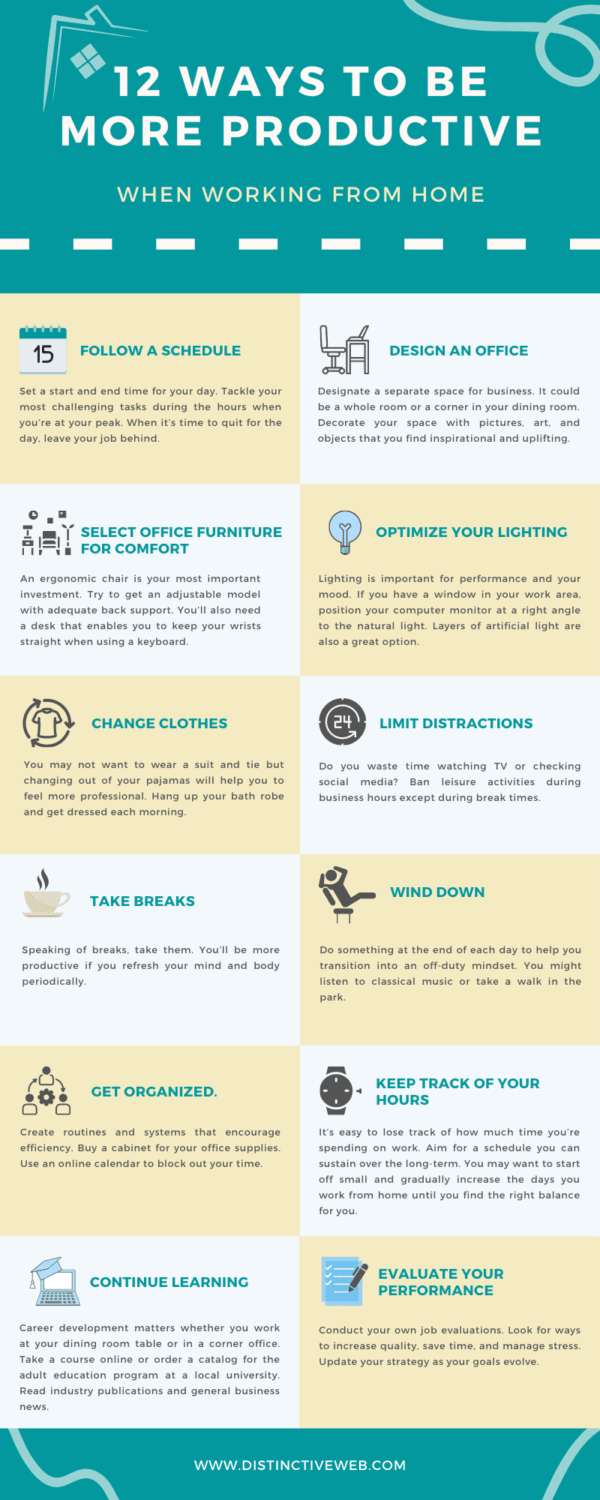
In today’s fast-paced digital world, working remotely has moved beyond being a mere buzzword. It is a reality, a phenomenon taking center stage in our work cultures, disrupting traditional work arrangements, and offering unprecedented flexibility. A product of technological advancements and changing societal values, remote work, also known as flex work, mobile work, or teleworking, is capturing the interest of millions worldwide.
Remarkable changes in the popularity of remote work occurred during the COVID-19 pandemic. Pre-pandemic data shows that a modest 5% of full-time office employees in the United States worked primarily from their homes. This dramatically changed as the pandemic progressed, with businesses and employees alike adjusting to remote work conditions. By 2021, there was a threefold increase in the number of people primarily working from home, surging to 17.9% (equivalent to 27.6 million individuals).
During the height of the pandemic, nearly 50% of the workforce adopted full-time remote work. As of 2023, data shows that 27% of U.S. employees have transitioned to remote work. With this trend of remote work gaining traction, its prevalence is only anticipated to expand further in the years to come.
The Rising Appeal of Remote Work
A substantial 68% of Americans indicate a preference for full remote work, with a 2022 Pew Research Center report finding that 60% of workers desire to work from home at least part of the time. Why is working remotely becoming a trend hard to ignore? That’s easy to answer. There are many advantages. For example:
Of course, some professions lend themselves easily to working remotely, such as certain jobs in IT, customer service, finance, sales, marketing, and research.
But, newer technology such as video conferencing has even enabled some jobs that used to require face-to-face interaction — such as counseling, security, and legal jobs — to become remote jobs, at least part of the time.
Is Working Remotely Right for You?
Before diving into working remotely, it’s crucial to conduct a self-assessment. Consider these key questions:
Embracing remote work can be a major shift in your professional life, and it’s important to gauge your readiness and suitability for this change. With the answers to these questions in mind, it’s time to put together your proposal to work virtually.
Pitching Remote Work To Your Boss & Crafting an Effective Proposal
Understanding your company’s current stance on remote work options is a crucial step in writing your remote working proposal. If your organization already has a policy in place, it’s important to investigate what type of work qualifies for remote work and if your role fits within those parameters.
As an increasing number of companies support remote work – 16% of U.S. businesses are already fully remote and 15% of all new jobs are said to be remote opportunities – there’s a strong chance that your company might be open to this transition and remote employees as well.
When detailing your remote work proposal, specificity is key. Which days and hours are you proposing to telecommute? As hybrid models gain traction, allowing workers to work partially in the office and partially from home, working remotely just part of the time could be a feasible starting point.
Below are some crucial points to address in your proposal:
Every proposal will be unique, but this list will give you an idea of the basic topics to cover.


Tips for Job Hunters: Searching for a Remote Job
If you have decided that working remotely is for you and you are currently unemployed, or your current employer rejects your virtual work proposal, what should you do?
Navigating the job market as a remote worker comes with its own set of unique challenges and opportunities.
Whether you’re a seasoned remote worker or a recent graduate hoping to find a new job offering remote working opportunities, here are some valuable tips to streamline your job search and increase your chances of landing a coveted remote position.
Tailoring Your Resume for Remote Work
Here is an example from a resume focused on showing how the job seeker is qualified for remote jobs.

Drafting a Cover Letter for a Remote Job

Navigating the Remote Job Market
Achieving Work-Life Balance: Tips for Success When Working Remotely
Striking a balance between your career and home life can be tricky, particularly when your living and working spaces overlap.
How do you divide your attention between professional tasks and personal duties?
Is it possible to concentrate on work phone calls when laundry is piling up?
Whether you’re a newcomer to the remote work lifestyle or an old hand, the following suggestions can help you manage distractions and priorities. These tips will help you keep calm, stay efficient, and avoid burnout when working from home.
SELF-CARE STEPS

STEPS TO TAKE WITH OTHERS
Working remotely doesn’t mean sacrificing the balance between your work and your personal life. By setting reasonable boundaries between personal and professional activities, you can actually enjoy more well-being and contentment.
With some planning and discipline working remotely can provide significant benefits for both you and your employer.
As a remote employee, you avoid commute times and interruptions, enabling you to get more done in the comfort of your home. This can lower stress and help you achieve both career goals and a better work-life balance.
When you work from home, take measures to boost your spirits, stay efficient, and remain connected. The results will benefit both you and your employer!
Frequently Asked Questions
What is remote work?
Remote work, also known as flex work, mobile work, or teleworking, is a way of working outside of traditional office environments. It means that you don’t have to commute to a particular place to do your job. Instead, you can work from anywhere you choose, such as your home, a co-working space, or even a coffee shop.
How did the COVID-19 pandemic impact remote work?
The COVID-19 pandemic significantly increased the number of people working remotely. Before the pandemic, only about 5% of full-time office employees in the U.S. worked mostly from home. As the pandemic progressed, this number increased dramatically. By 2021, nearly 18% of U.S. employees were working primarily from home.
What are the advantages of remote work?
Remote work offers several benefits. It provides more flexible schedules, saving time and money by reducing commuting. It can also improve work-life balance, lower stress levels, and increase job satisfaction. In addition, remote workers often report higher productivity, less exposure to common illnesses, and reduced expenses related to work.
Can all jobs be done remotely?
Not all jobs can be done remotely. Some jobs require physical presence or hands-on interaction. However, many jobs, especially in IT, customer service, finance, sales, marketing, and research, can be done remotely. Technology like video conferencing has also made it possible for some jobs that used to require face-to-face interaction to be done remotely, at least part of the time.
How can I know if remote work is right for me?
Deciding if remote work is right for you involves considering factors such as your personality, self-discipline, availability of a dedicated workspace at home, the support of family members or roommates, and whether your job can be performed remotely.
How can I propose remote work to my boss?
When proposing remote work to your boss, be specific about the days and hours you intend to work remotely. Highlight the benefits to the employer, such as improved productivity, potential savings for the company, and coverage of different time zones. Suggest a trial period and be ready to address potential issues such as maintaining effective communication and securing sensitive data.
What should I do if I want a remote job but my current employer doesn't offer it?
If your current employer doesn’t offer remote work and you want to work remotely, you may need to look for a new job. There are many online platforms, like LinkedIn and FlexJobs, where you can find remote job listings. Networking can also be a powerful tool in finding remote work opportunities.
How can I make my resume stand out for a remote job?
To make your resume stand out for a remote job, highlight relevant skills such as self-motivation, communication, time management, and proficiency with digital tools. Include any previous remote work experience and demonstrate your technical competency. You might even consider adding a dedicated remote work section to your resume.
What should I include in my cover letter for a remote job?
In your cover letter for a remote job, clearly state your interest in remote work. Provide specific examples of your successful remote work experience or independent task management. Emphasize your communication, collaboration, and proactive problem-solving skills.
How can I navigate the remote job market?
Navigating the remote job market involves leveraging platforms like LinkedIn and remote job listing sites, as well as networking. Participate in industry-related discussions and virtual networking events, join relevant groups, and connect with professionals in your desired field.









